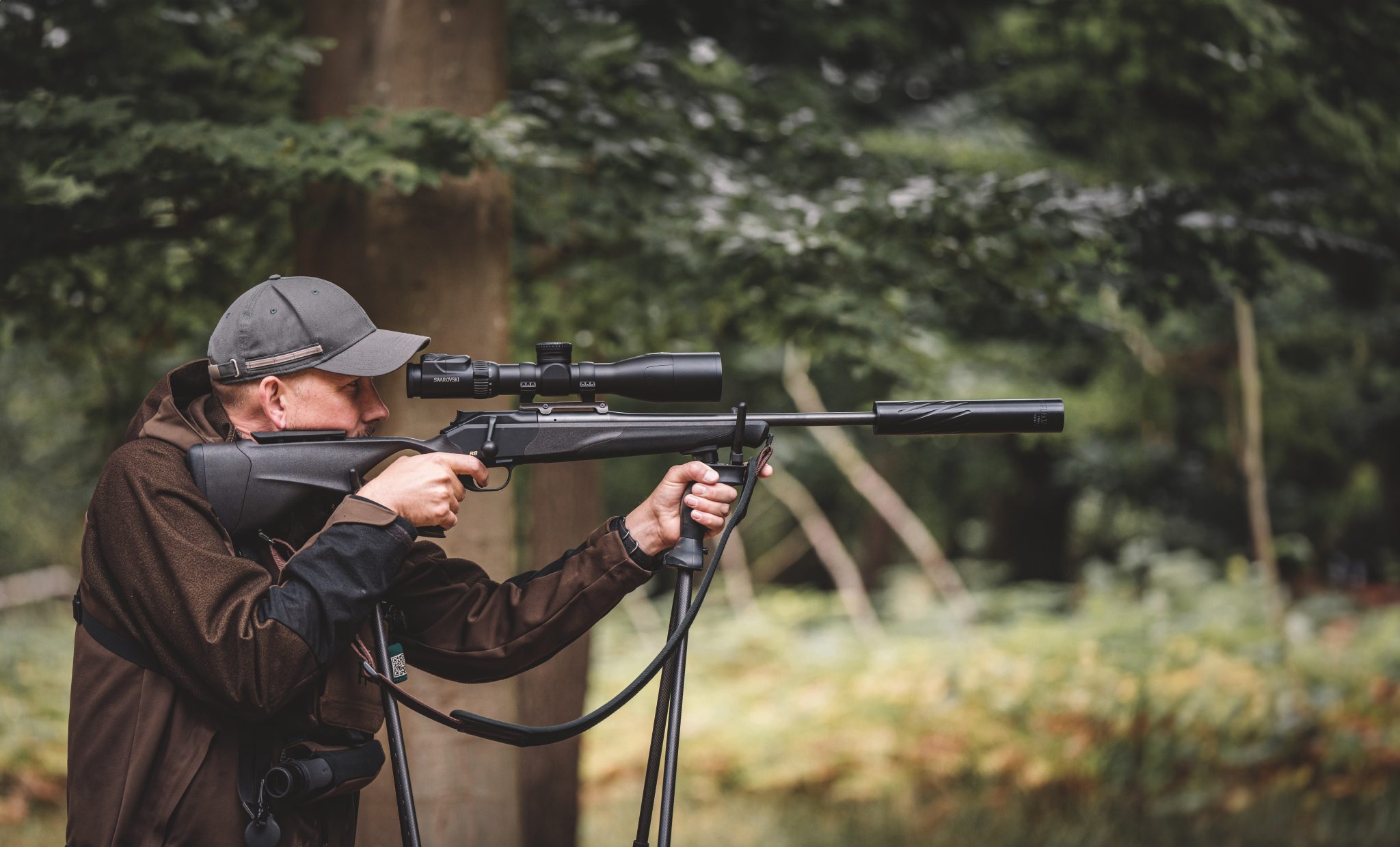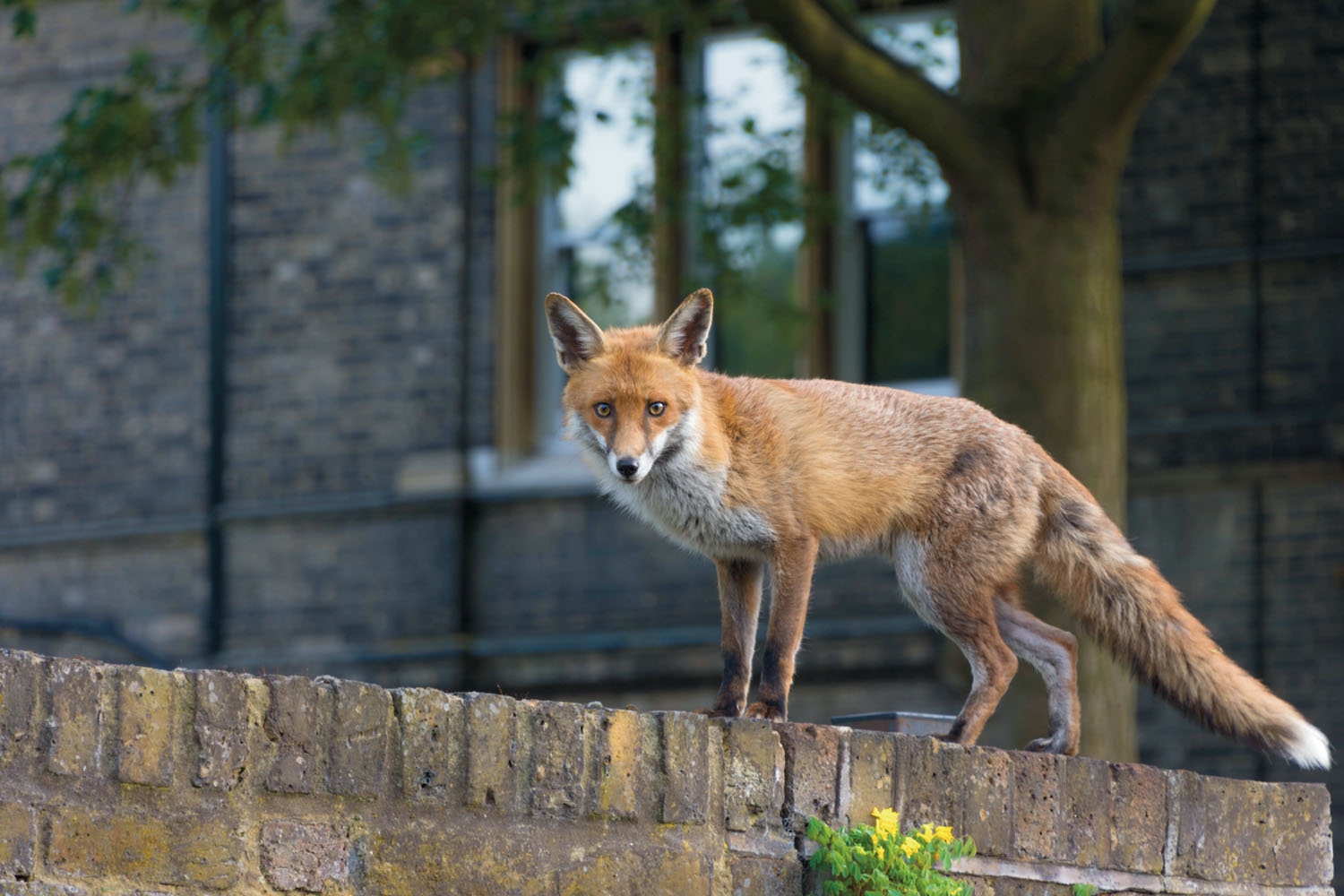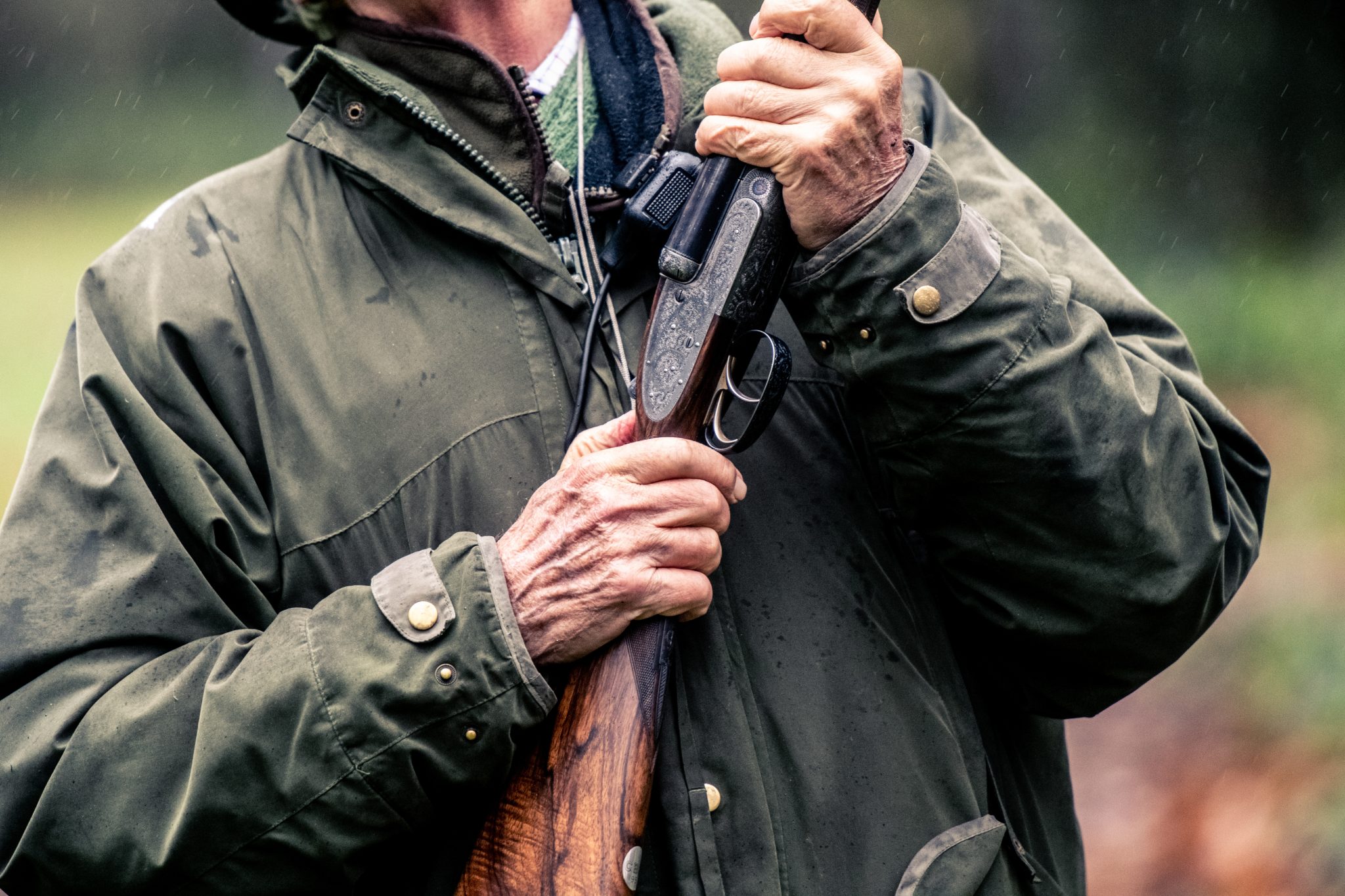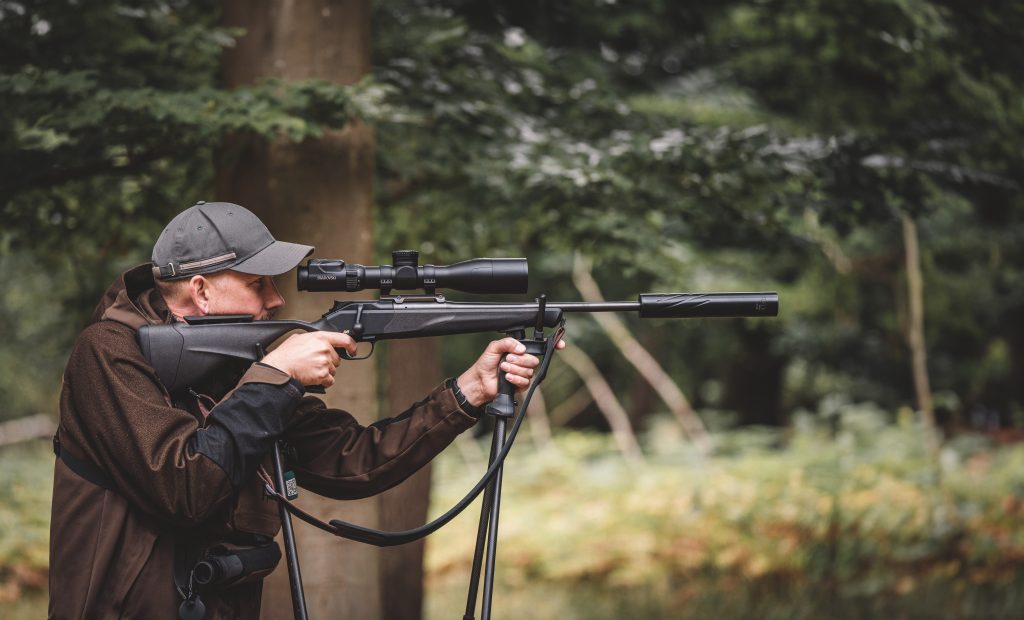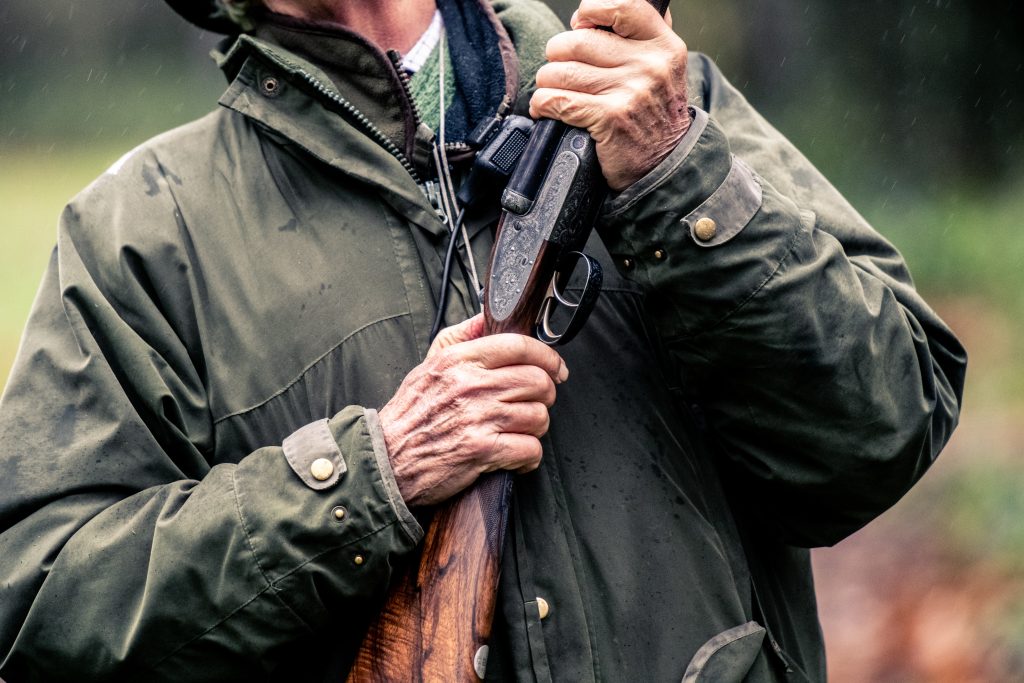★ Win a Schöffel Country shooting coat for everyone in your syndicate worth up to £6,000! Enter here ★
Shooting and countryside groups question sea eagle introduction
Shooting and countryside groups question Natural England’s priorities as plans to introduce sea eagles to the Suffolk coast are announced.
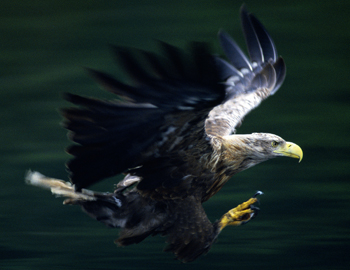
Shooting and countryside groups are concerned by the news Natural England (NE), the RSPB and the Forestry Commission are currently investigating the feasibility of reintroducing the sea eagle to East Anglia and the Suffolk coast.
?We are sceptical about the benefits of the proposal to reintroduce the eagles,? said the Country Land & Business Association?s president Henry Aubrey-Fletcher.
?Though sea eagles are undeniably eye-catching birds, it is hard to see why we need to introduce them to the English coast after an absence of at least 300 years.?
According to NE, a three year study of eastern England between the Humber and the Thames has identified the Suffolk coast as offering the best habitat for enabling the fourth largest eagle in the world to re-establish itself in England.
In light of reports of reintroduced sea eagles on the Isle of Mull in Scotland taking lambs, Mr Aubrey-Fletcher said farming and shooting interests need to be properly addressed.
?Land managers must be reassured that the sea eagles will not jeopardise their livelihoods by taking young livestock and game birds. There is a concern that conservation projects may also be at risk.?
A National Gamekeepers? Organisation spokesman told Shooting Times magazine there are far more pressing conservation projects to address: ?At a time when a number of bird species are in serious decline – notably waders on un-keepered ground – using public money to introduce giant raptors to Suffolk shows an odd sense of priorities.
?The major problems and community concerns caused by the botched reintroduction of sea eagles in Scotland should act as a warning. Our members? concerns must be addressed in advance of any release scheme.?
NE?s chief scientist Tom Tew defended the controversial proposals: ?Previous surveys have shown the vast majority of the public support the idea of reintroducing sea eagles to East Anglia, but we recognise there are some people who are opposed and others who wish to understand more about how a reintroduction programme would affect them.?
In addition to conducting feasibility studies about suitable sites, NE has said it is looking to canvas the views of local landowners, livestock farmers, conservation organisations and the public. Over the next few weeks, a series of local opinion surveys will be conducted in Suffolk to gauge initial local reactions in advance of more extended dialogues with landowners and other stakeholders, which will continue throughout 2009.
Mr Tew said: ?It is important we gauge views. A project of this type has to be right for the area as well as for the ecological needs of the birds themselves.?
Let us know what you think about this!
Related Articles
Get the latest news delivered direct to your door
Subscribe to Shooting Times & Country
Discover the ultimate companion for field sports enthusiasts with Shooting Times & Country Magazine, the UK’s leading weekly publication that has been at the forefront of shooting culture since 1882. Subscribers gain access to expert tips, comprehensive gear reviews, seasonal advice and a vibrant community of like-minded shooters.
Save on shop price when you subscribe with weekly issues featuring in-depth articles on gundog training, exclusive member offers and access to the digital back issue library. A Shooting Times & Country subscription is more than a magazine, don’t just read about the countryside; immerse yourself in its most authoritative and engaging publication.



